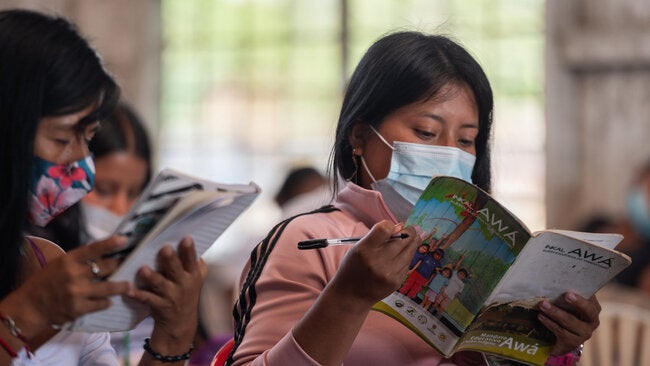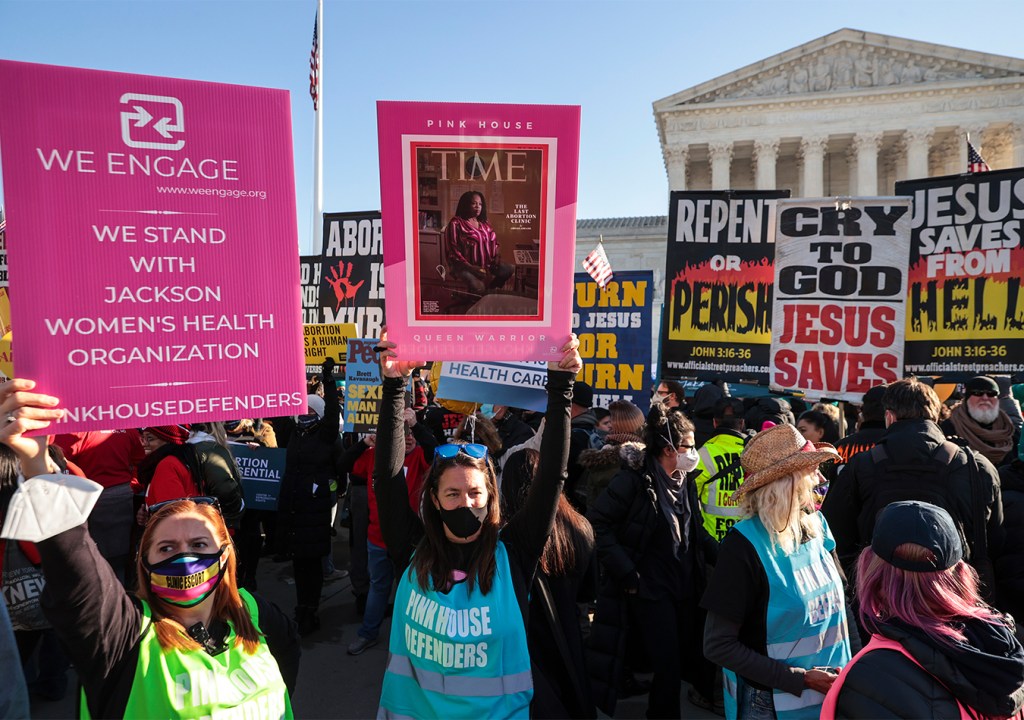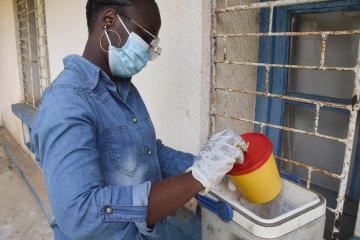General Mills is recalling 2-, 5- and 10-pound bags of its Gold Medal Unbleached and Bleached All Purpose Flour after sampling found Salmonella contamination. The FDA is currently investigating an outbreak linked to flour, but it has not been announced whether this recall is related to the outbreak.
The presence of Salmonella Infantis was discovered during sampling of the five-pound bag product.
The recalled flour has “better if used by” dates of March 27, 2024, and March 28, 2024.
This recall affects two date codes of Gold Medal Unbleached All Purpose Flour in the 5- and 10-pound bags and two date codes of Gold Medal Bleached All Purpose Flour in the 2- and 5-pound bags.
Guidance from the Food and Drug Administration (FDA) and the Centers for Disease Control (CDC) warn that consumers should refrain from consuming any raw products made with flour. Salmonella Infantis is killed by heat through baking, frying, sautéing or boiling products made with flour. All surfaces, hands and utensils should be properly cleaned after contact with flour or dough.
The recalled products were distributed nationally.
This voluntary recall includes the following code dates currently in stores or consumers’ pantries:
- Gold Medal Unbleached All Purpose 5LB Flour
Package UPC 000-16000-19610
Recalled Better if Used by Date 27MAR2024 and 28MAR2024
- Gold Medal Unbleached All Purpose 10LB Flour
Package UPC 000-16000-19580
Recalled Better if Used by Date 27MAR2024 and 28MAR2024
- Gold Medal Bleached All Purpose 2LB Flour
Package UPC 000-16000-10710
Recalled Better if Used by Date 27MAR2024 and 28MAR2024
- Gold Medal Bleached All Purpose 5LB Flour
Package UPC 000-16000-10610
Recalled Better if Used by Date 27MAR2024 and 28MAR2024
Consumers are asked to check their pantries and dispose of the product affected by this recall.
Outbreak background
The Food and Drug Administration has expanded its investigation into an outbreak of infections caused by Salmonella Infantis that has been linked to flour.
As of the most recent update, on March 30, from the Centers for Disease Control and Prevention, the outbreak has sickened at least a dozen people across 11 states. Three of the patients have required hospitalization. No deaths have been reported.
Although a specific brand of flour has not been revealed by federal officials, the FDA reports that it has begun onsite inspection of an unnamed location and sample collection.
Illnesses started on dates ranging from Dec. 6, 2022, to Feb. 13, 2023, but there are likely more sick people who have not yet been confirmed because of the time it takes for testing and reporting.
The sick people live from coast to coast in Oregon, California, Nebraska, Minnesota, Iowa, Missouri, Illinois, Tennessee, Ohio, Virginia and New York. Whole genome sequencing from lab samples from the patients shows a common cause for their infections.
The CDC continues to remind people to exercise caution when cooking with flour. Raw dough and batter should not be eaten and children should not be allowed to play with raw flour. Utensils used when cooking with raw flour and surfaces that come into contact with it should be thoroughly cleaned and sanitized. Flour is a raw agricultural product and can be easily contaminated when grain is processed.
About Salmonella infection
Food contaminated with Salmonella bacteria does not usually look, smell, or taste spoiled. Anyone can become sick with a Salmonella infection. Infants, children, seniors, and people with weakened immune systems are at higher risk of serious illness because their immune systems are fragile, according to the CDC.
Anyone who has eaten any recalled flour and developed symptoms of Salmonella infection should seek medical attention. Sick people should tell their doctors about the possible exposure to Salmonella bacteria because special tests are necessary to diagnose salmonellosis. Salmonella infection symptoms can mimic other illnesses, frequently leading to misdiagnosis.
Symptoms of Salmonella infection can include diarrhea, abdominal cramps, and fever within 12 to 72 hours after eating contaminated food. Otherwise, healthy adults are usually sick for four to seven days. In some cases, however, diarrhea may be so severe that patients require hospitalization.
Older adults, children, pregnant women, and people with weakened immune systems, such as cancer patients, are more likely to develop severe illnesses and serious, sometimes life-threatening conditions.
Some people get infected without getting sick or showing any symptoms. However, they may still spread the infections to others.
(To sign up for a free subscription to Food Safety News,clickhere)
Note: This article have been indexed to our site. We do not claim legitimacy, ownership or copyright of any of the content above. To see the article at original source Click Here












